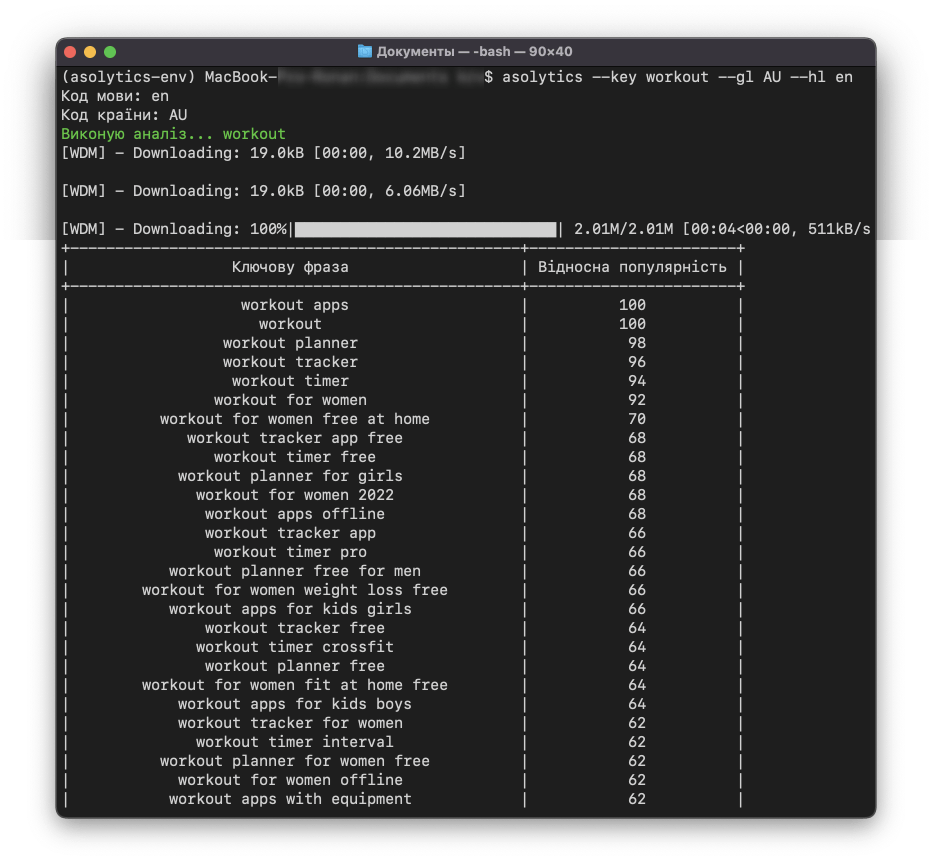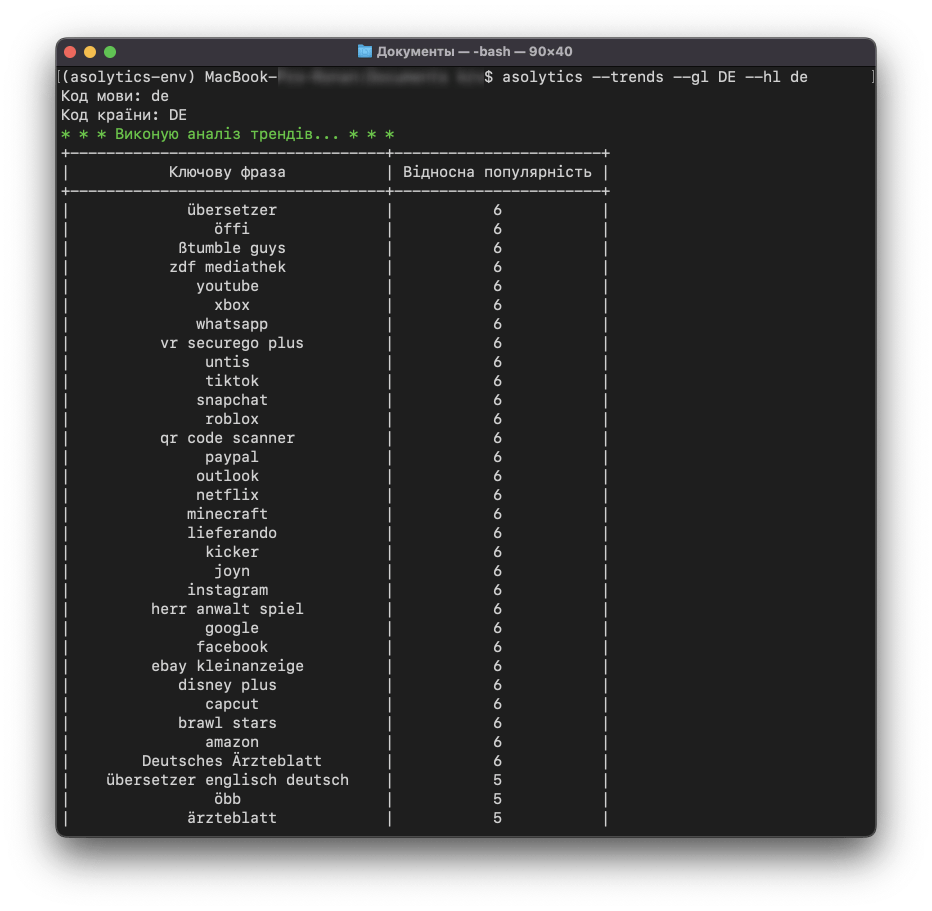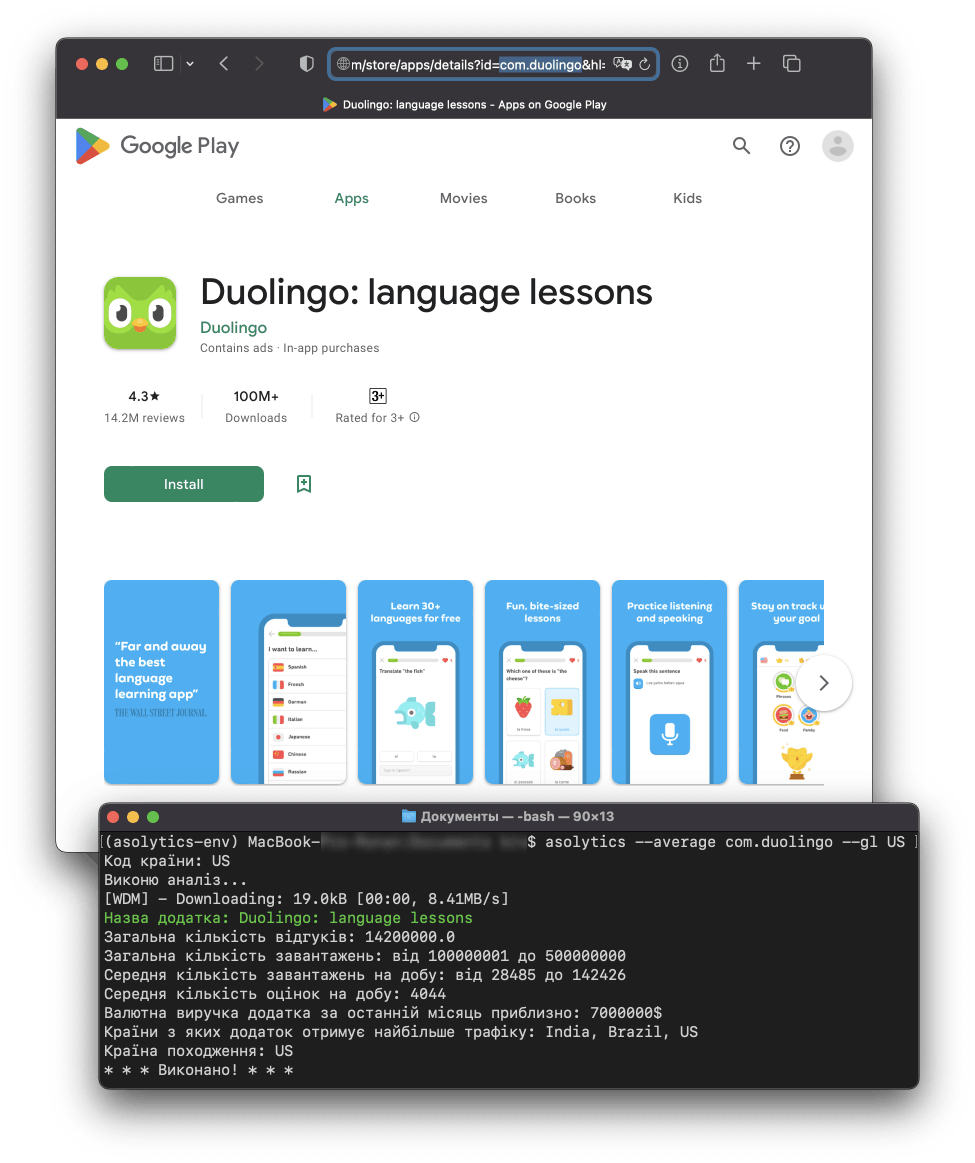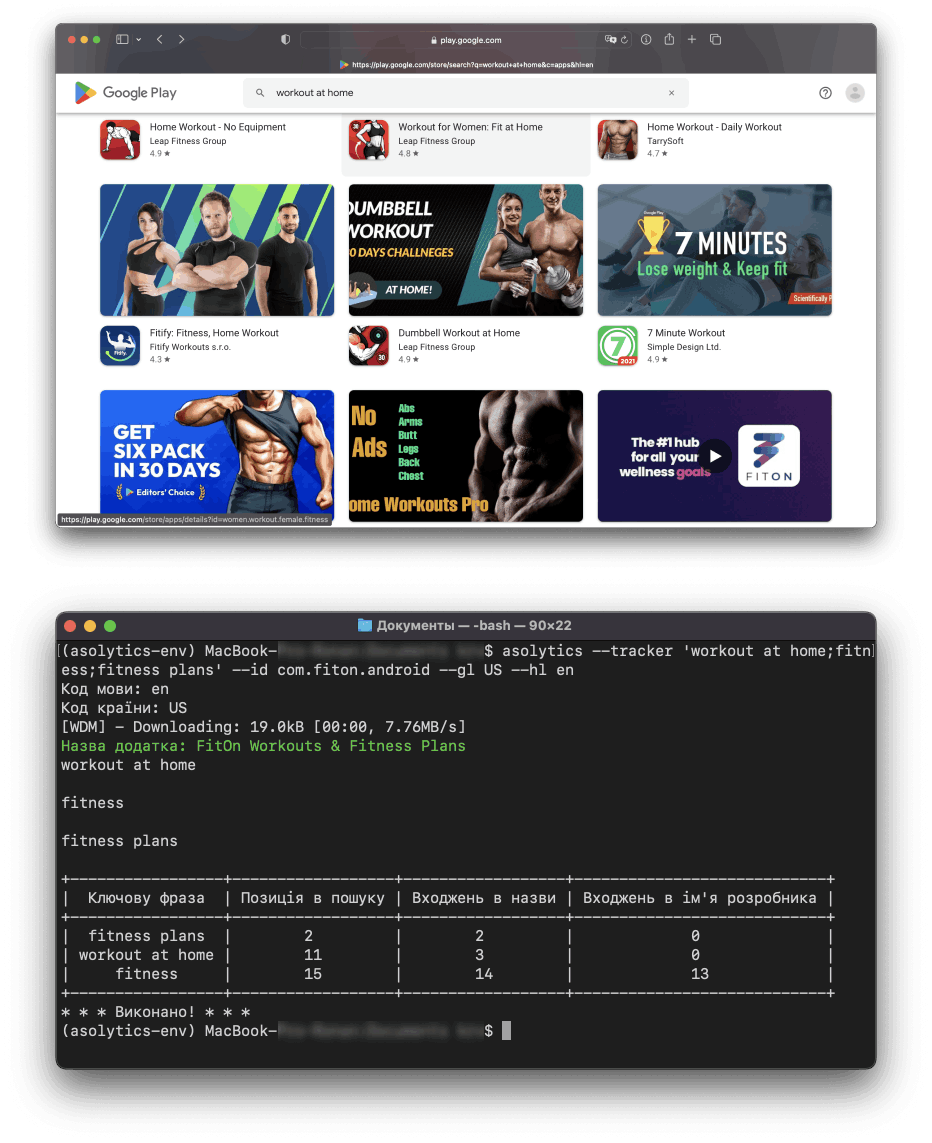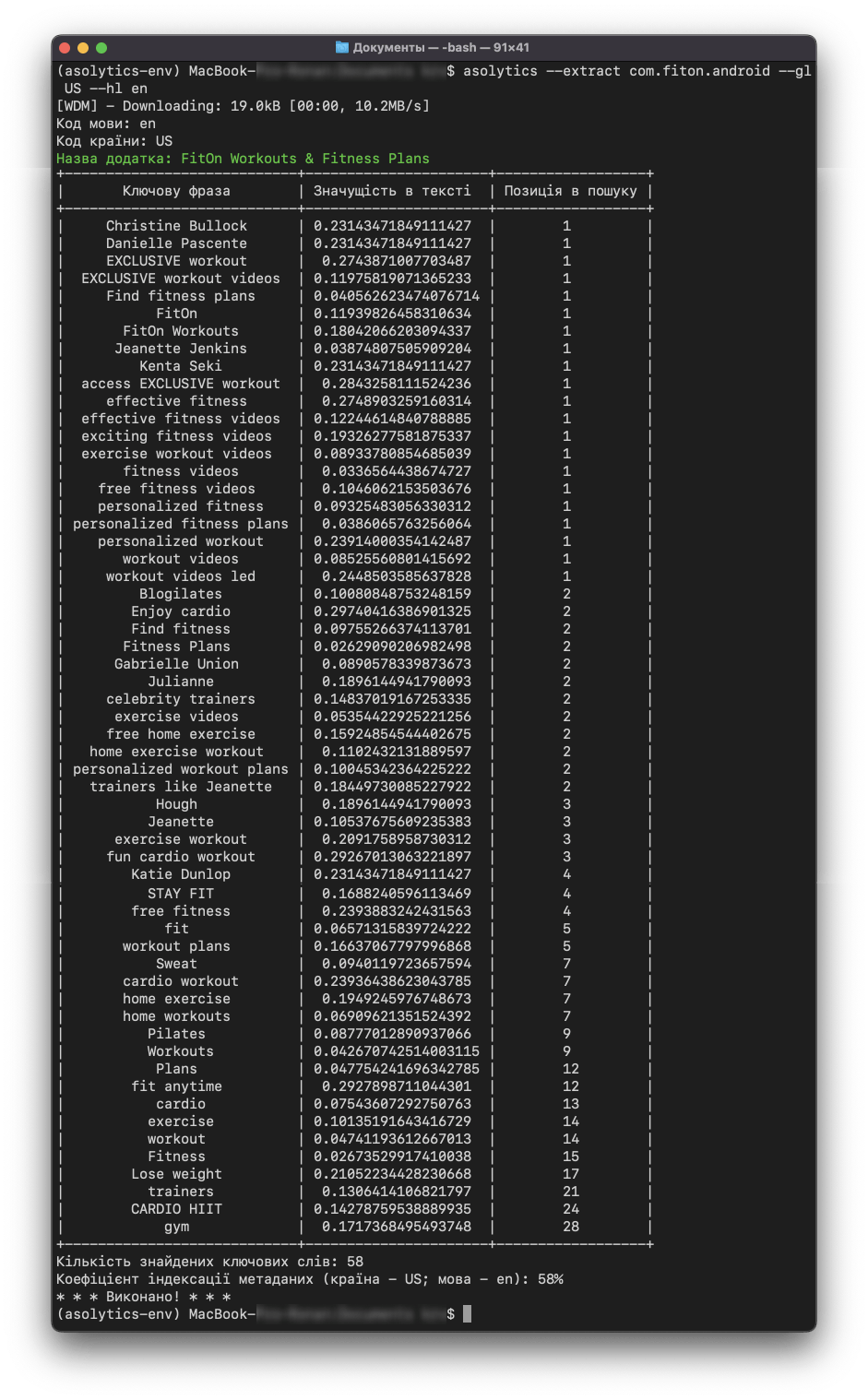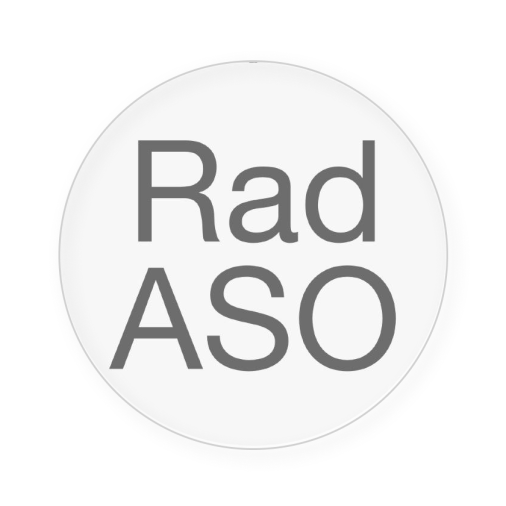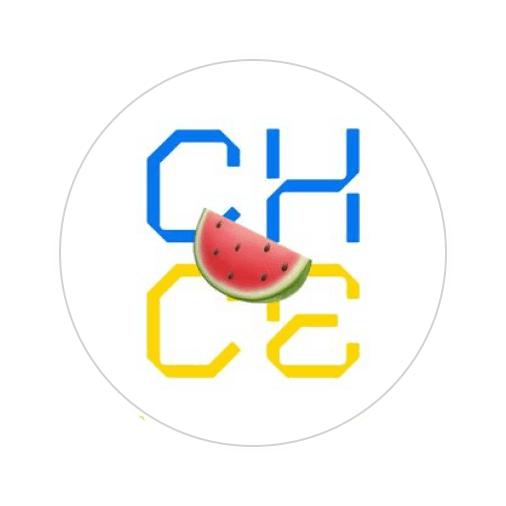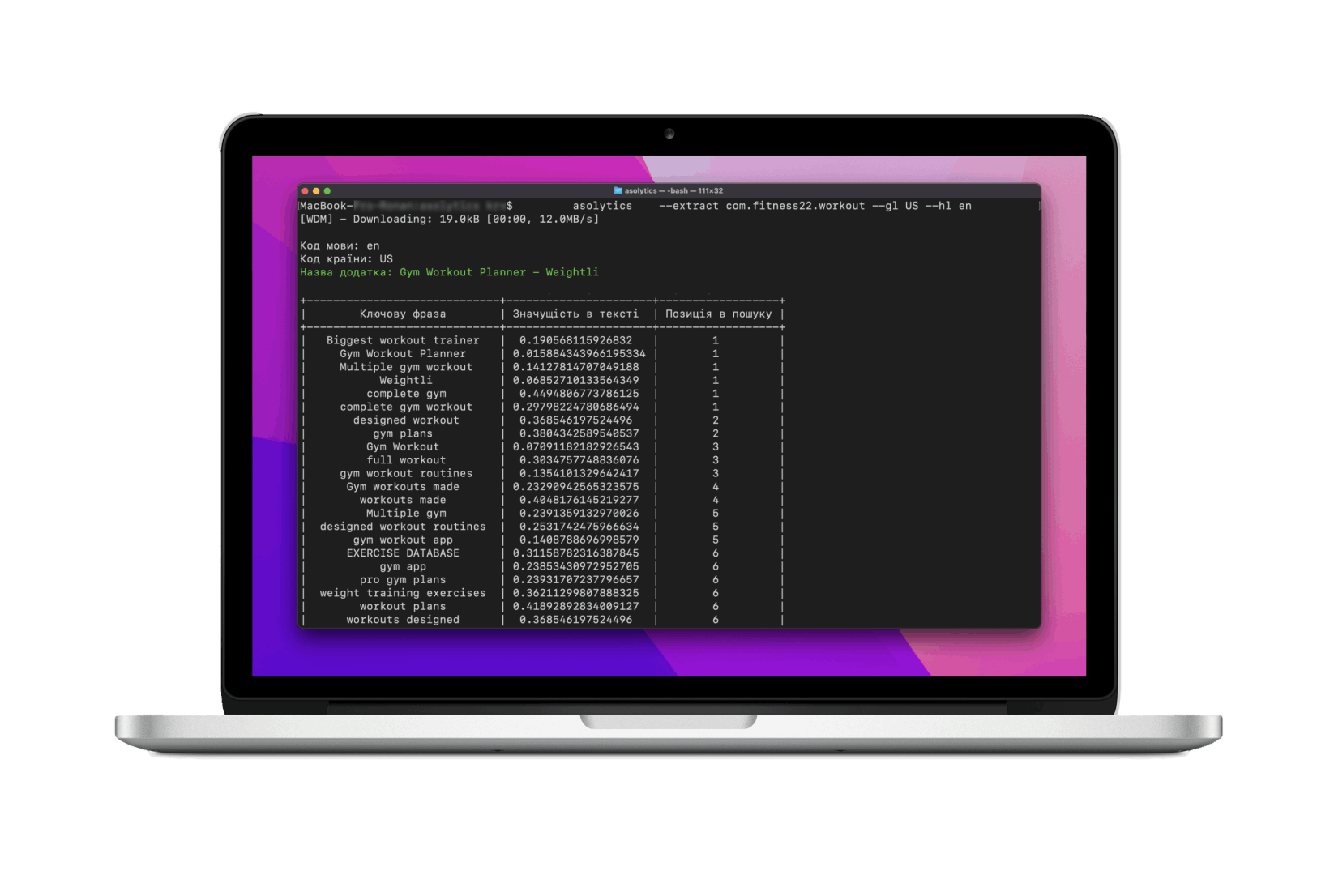
ASO based on analysis of public information from various resources
There are many ASO services in the world that solve various tasks related to search engine optimization in mobile app stores. They all have their advantages and disadvantages, one of the main disadvantages is closed data analysis algorithms, ASO specialist does not have access to raw data, most services do not know how the popularity of keywords is formed, there is no way to check the correctness of the algorithm. We create open source ASO automation software so that each user has full access to all data and algorithms, can offer their own functions or add their own code.




